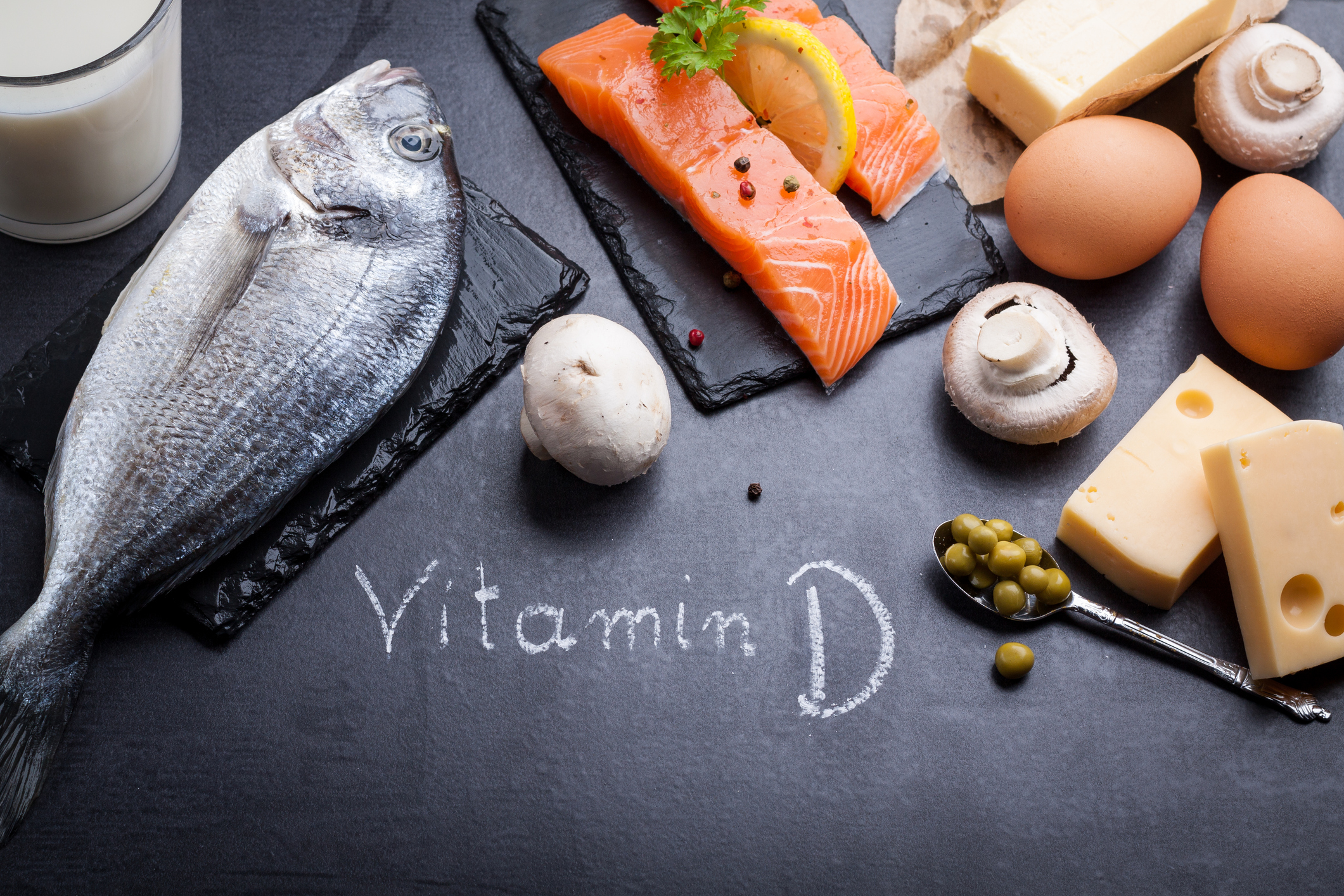

When you think of Vitamin D, you probably think of strong bones and teeth.
But this powerhouse of a vitamin goes way beyond that…
You may not know that vitamin D helps control blood sugar levels and reduces the risk of uterine fibroids in women. Research also shows that a lack of vitamin D contributes to chronic lower back pain.
And now, research has confirmed what is arguably vitamin D’s most important benefit: the ability to help control chronic inflammation…
Vitamin D and C-reactive protein
Inflammation is a double-edged sword.
While inflammation is part of the body’s healing process, especially from an acute injury, inflammation that persists to the point of being “chronic,” is a serious health threat
In fact, according to this from Harvard Medical School, “Although there may never be such a single path, mounting evidence suggests a common underlying cause of major degenerative diseases. The four horsemen of the medical apocalypse — coronary artery disease, diabetes, cancer, and Alzheimer’s — may be riding the same steed: inflammation.”
We’ve written about the inflammation abomination quite a bit. We’ve also written about vitamin D’s powerful effects on inflammation as well.
And though much research has backed vitamin D’s anti-inflammatory effects, some in the medical community were unconvinced. But now, researchers at the University of South Australia have found a direct connection between low levels of vitamin D and a key biomarker of chronic inflammation that signals high probability of disease risk.
C-reactive protein is a protein produced in the liver. As inflammation becomes chronic, the liver overproduces this protein.
Thus, having high levels of C-reactive protein is very often a sign that inflammatory conditions like arthritis, autoimmune diseases and heart disease are present.
The study looked at data from almost 300,000 participants in the UK Biobank and according to lead researcher Dr. Ang Zhou, “This study examined vitamin D and C-reactive proteins and found a one-way relationship between low levels of vitamin D and high levels of C-reactive protein, expressed as inflammation.”
Senior investigator and Director of UniSA’s Australian Centre for Precision Health, Professor Elina Hyppönen, says these results are important. And they explain some of the controversy surrounding previously reported associations with vitamin D.
“We have repeatedly seen evidence for health benefits for increasing vitamin D concentrations in individuals with very low levels, while for others, there appears to be little to no benefit.” Prof Hyppönen says.
“These findings highlight the importance of avoiding clinical vitamin D deficiency, and provide further evidence for the wide-ranging effects of hormonal vitamin D.”
Avoiding Vitamin D Deficiency
“Boosting vitamin D in people with deficiencies may reduce chronic inflammation, helping them avoid a number of related diseases,” says Dr. Ang Zhou.
Your doctor can help you determine if your vitamin D levels are low, specifically, just how low.
While experts believe a D deficiency is a global problem, in the U.S I’ve seen varying reports on D levels. The Cleveland Clinic places the percentage of the U.S population with deficiency at 35 percent but says about 50 percent of us have insufficient levels.
Vitamin D is available naturally in a few food sources, in addition to fortified foods:
- Salmon
- Tuna
- Fortified orange juice
- Fortified cereals
- Sardines
- Beef liver
- Egg yolks
- Mushrooms (the only vegetarian source)
But here’s the thing about relying on fortified food sources…
Professor Susan Lanham-New, co-author of a study that compared vitamin D2 and vitamin D3 and Head of the Department of Nutritional Sciences at the University of Surrey, added:
“While we found that vitamin D2 and vitamin D3 do not have the same effect on gene activity within humans, the lack of impact we found when looking at vitamin D2 means that a larger study is urgently required to clarify the differences in the effects. However, these results show that vitamin D3 should be the favored form for fortified foods and supplements.”
So until manufacturers switch from the cheaper D2 to the proven effective D3, you aren’t getting real benefits.
Of course, spending some time in the sun each day (without overdoing it) is an easy way to get some of the sunshine vitamin!
Sources:
Down on Vitamin D? It could be the cause of chronic inflammation — Eureka Alert
Vitamin D deficiency and C-reactive protein: a bidirectional Mendelian randomization study — International Journal of Epidemiology
Researchers study the link between vitamin D and inflammation — Eureka Alert
Autocrine vitamin D signaling switches off pro-inflammatory programs of TH1 cells — Nature Immunology
Vitamin D Deficiency —The Cleveland Clinic
